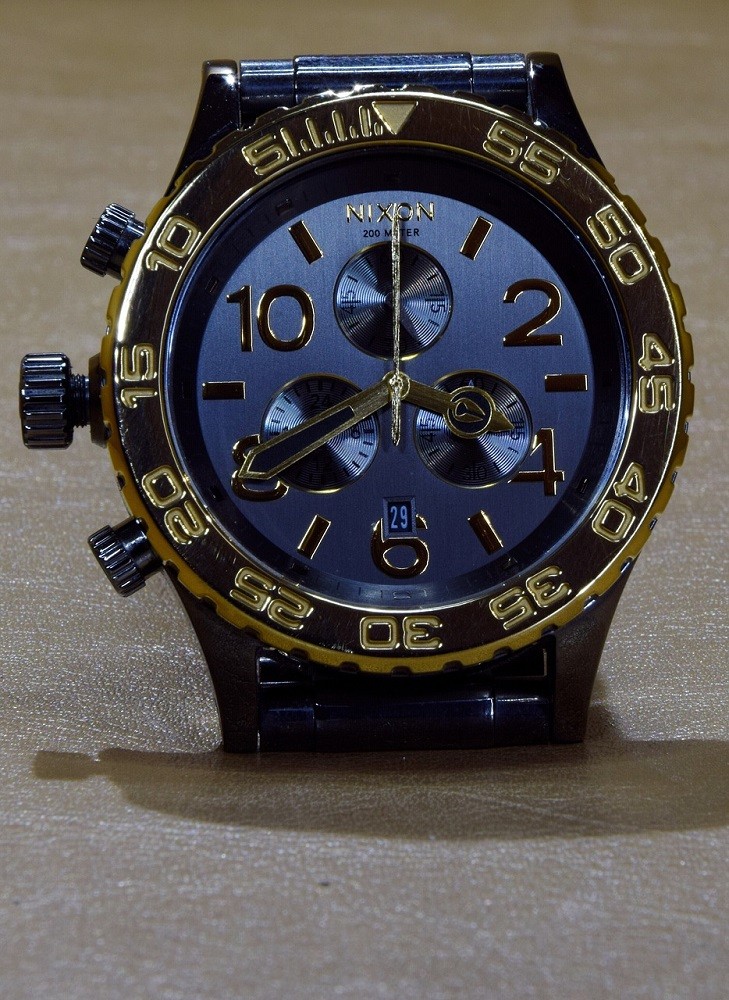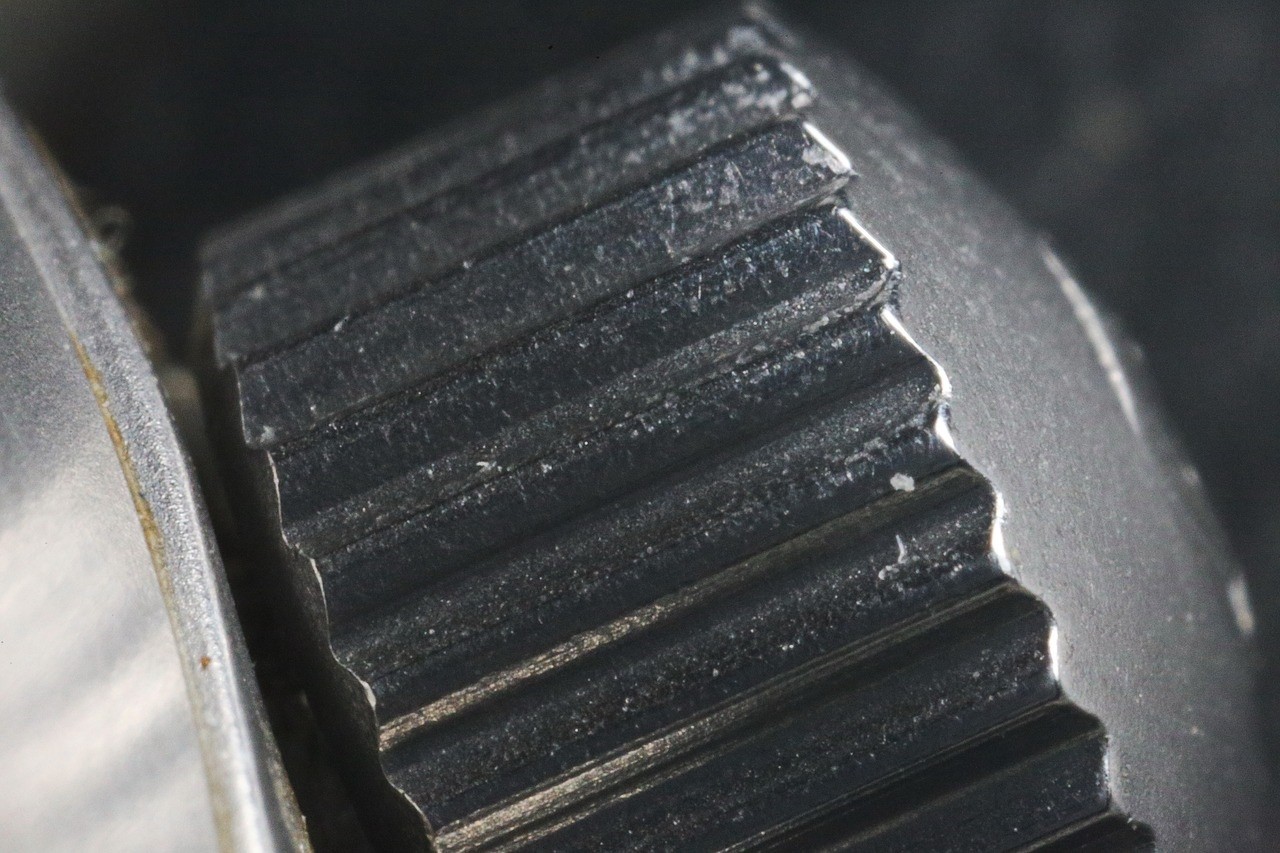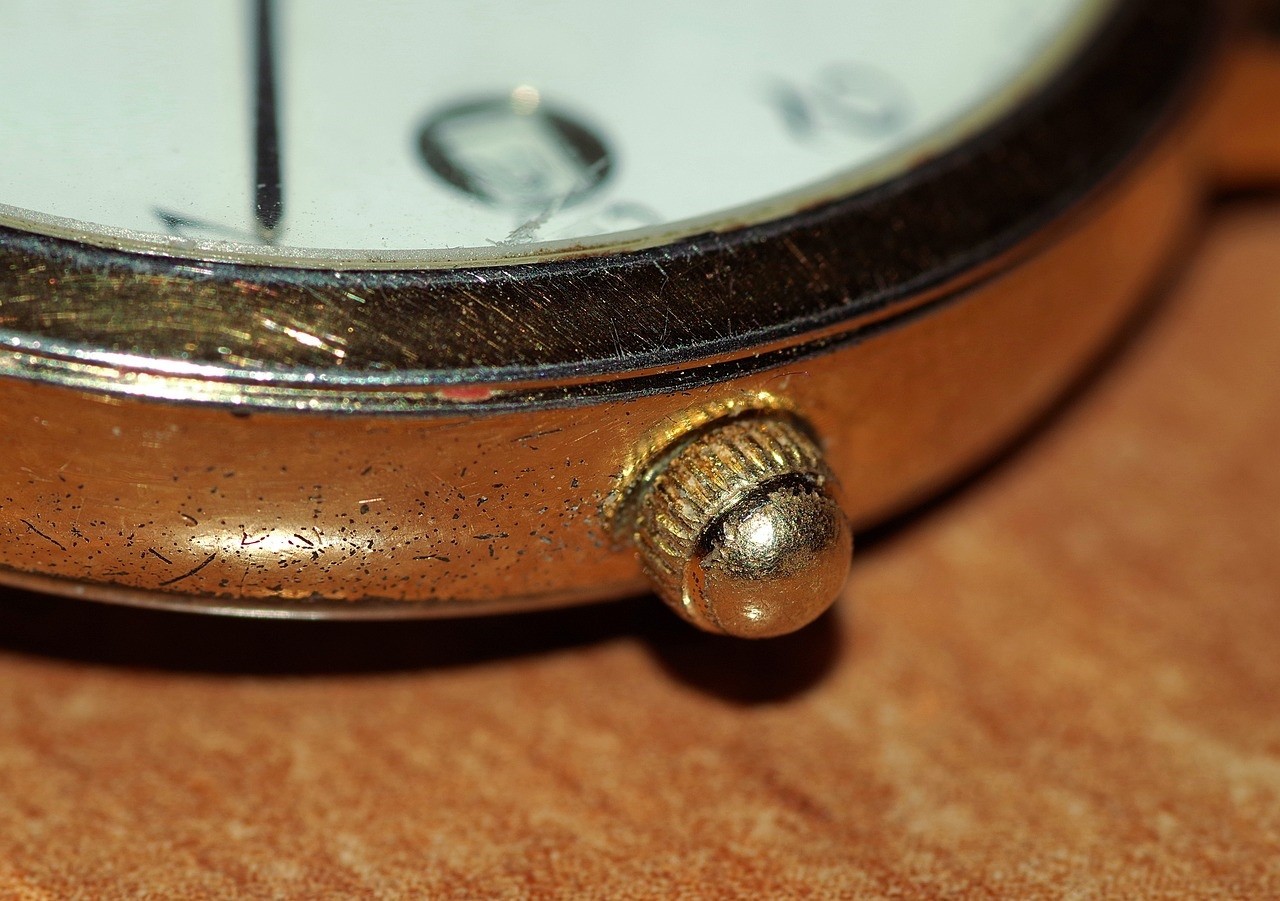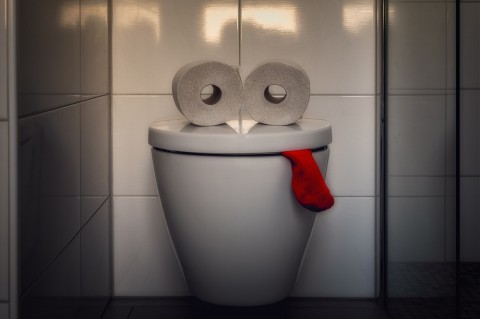The Esteemed Gentleman Articles
Should You Pull The Crown Out Of Your Quartz Watch To Save Battery Life?
If you own multiple quartz watches, the thought of pulling the crown out to save battery life may have crossed your mind. You may think that doing so will increase the life of the battery, meaning that you could save money on replacement batteries.
While the main downside of this is needing to set the time and date every time you put the watch back on, there are a myriad of other reasons why you should not pull the crown out of your watch. In this article we have listed six main reasons.
Pulling Out The Crown Stops The Hands, NOT The Battery
Contrary to popular belief, when you pull out the crown on a quartz watch, all you're doing is disengaging the hands and/or the date mechanism. While you can't see it, the battery is still powering the quartz movement inside the watch.
In theory, this will prolong the life of the battery by a small margin, since it eliminates the energy demand created by the movement of parts like hands or dates. In fact, however, the amount of energy used by the moving parts is miniscule and is regulated by the quartz movement itself.
You may say to yourself, "Yes, but when I purchase a new quartz watch, there's a stopper between the crown and watch." And you would be correct. The little piece of plastic, called a stopper (sometimes called a crown guard) is there to prevent the watch from becoming engaged during shipping and to preserve battery life until it reaches your wrist.
Companies use these to create another level of satisfaction from opening a new product, like peeling off the plastic on a brand-new phone or removing the covers from leather seats.
Pulling The Crown Out Increases Wear And Tear On The Crown And Stem
If you pull the crown in and out of your watch on a regular basis, you wear out the parts more quickly than if you just left the crown in. The crown stem connects to gears that set the time and date (depending on the model of the movement).
Constant friction from engaging and disengaging these gears can wear out or even break the teeth and/or crown stem.
If you notice resistance on the crown when pulling it out or pushing it back in, do not force it. Instead, take your watch to a reputable watch repair person and have them inspect and repair it. We have written a full article on things you should NEVER do with your watch.
Some Quartz Movements Contain Lubricants That Can Dry Up
Some higher-end, and more intricate, quartz movements contain oils to keep parts lubricated and accurate (like what you'd find in mechanical watches). Our article on different watch movements goes into more depth on each of the 3 common movements you will find in most watches.
By leaving the crown open, the oils inside the movement will dry up more quickly, which will make the movement seize.
Batteries Have A Shelf Life
Just like regular batteries, watch batteries don't last forever. They, too, will have a date of expiration (sometimes called a Best Used Before date, or BUB for short). This date is calculated based on the battery's total self-discharge when it reaches 20%. At this point, the battery is considered expired and will stop working.
Batteries begin losing charge as soon as they are manufactured. There's no way to stop or slow the process. Fortunately, most wristwatches use button batteries, which have relatively long lives and can work continuously for extended periods of time. Plus, they are quite cheap and can often be found in multi-packs.
Tip: If the battery in your quartz watch has died, replace it as soon as possible. Batteries can leak and corrode, which can ruin your watch.
Dust And Debris Can Get In An Open Crown
One of the biggest risks of leaving the crown open on your wristwatch is that of getting dust and debris in the case. Even small specks of dust can wreak havoc on the watch. Dust particles can jam between moving parts or find their way onto the face of the watch.
If you are storing your watches, keep them in a safe place like their original boxes or a watch box kept in a cool, dry environment. Never just toss them onto your nightstand or dresser.
Moisture Can (And Will) Destroy Your Watch
Moisture will find a way into any watch with an open crown, even if the watch has a gasket and a high water resistance level. If you live in a humid environment, love to swim, or go outside in the rain, you risk getting water in your watch. Even the smallest amount of moisture can destroy your watch.
If you do find moisture in your watch, be prepared to pay for a huge repair bill or a new watch. Fully repairing a water-damaged watch is nearly impossible, especially if the watch is vintage or from a luxury brand.
Summary
If you want your quartz watch to last as long as possible, we highly recommend keeping the crown in unless you are changing the date and/or time. Otherwise, you run the risk of incurring damages that can set you back a pretty penny. After all, a watch should last a long time, much much longer than the life of a single battery.
When you subscribe to the article, we will send you an e-mail when there are new updates on the site so you wouldn't miss them.









Comments